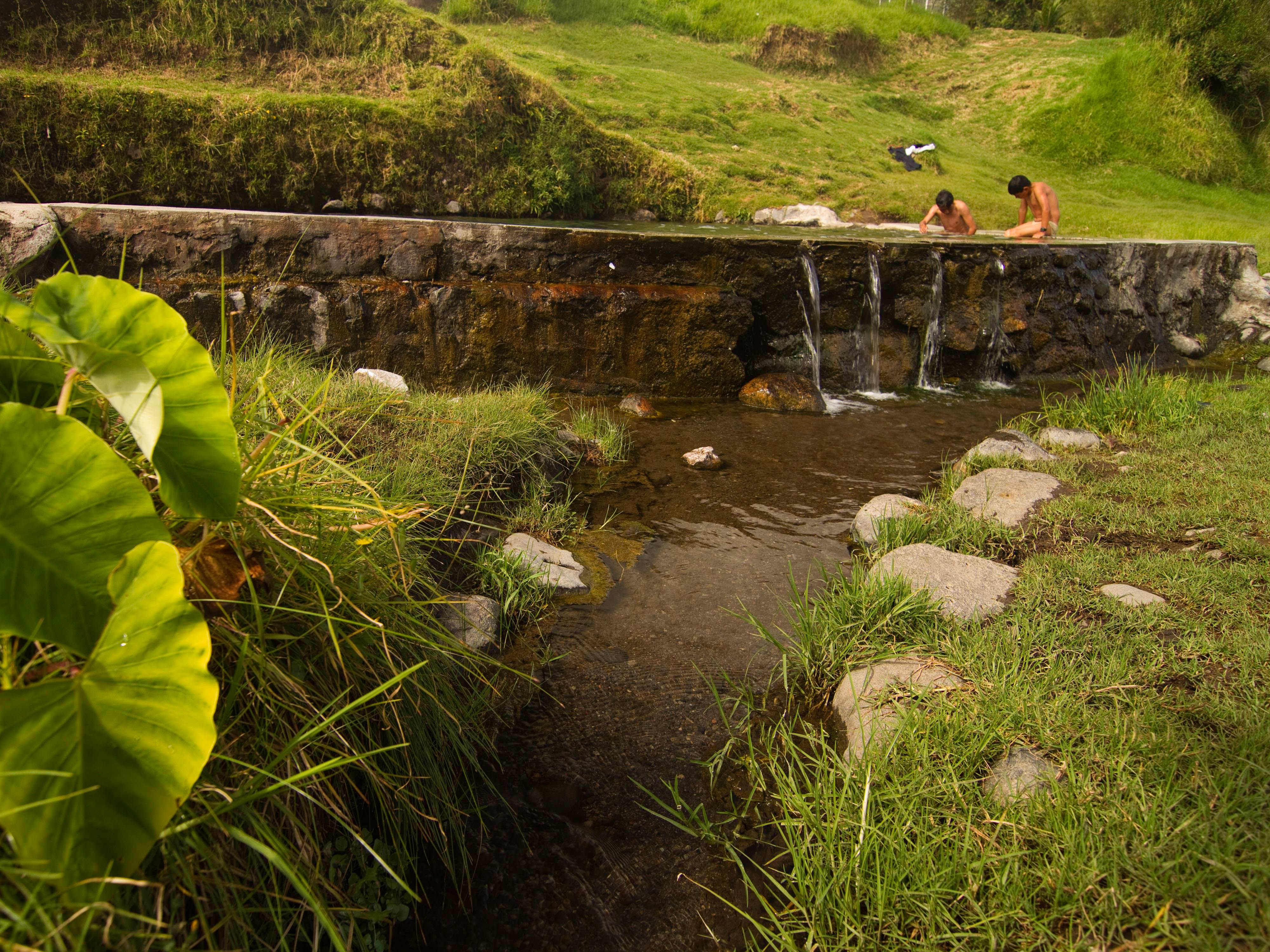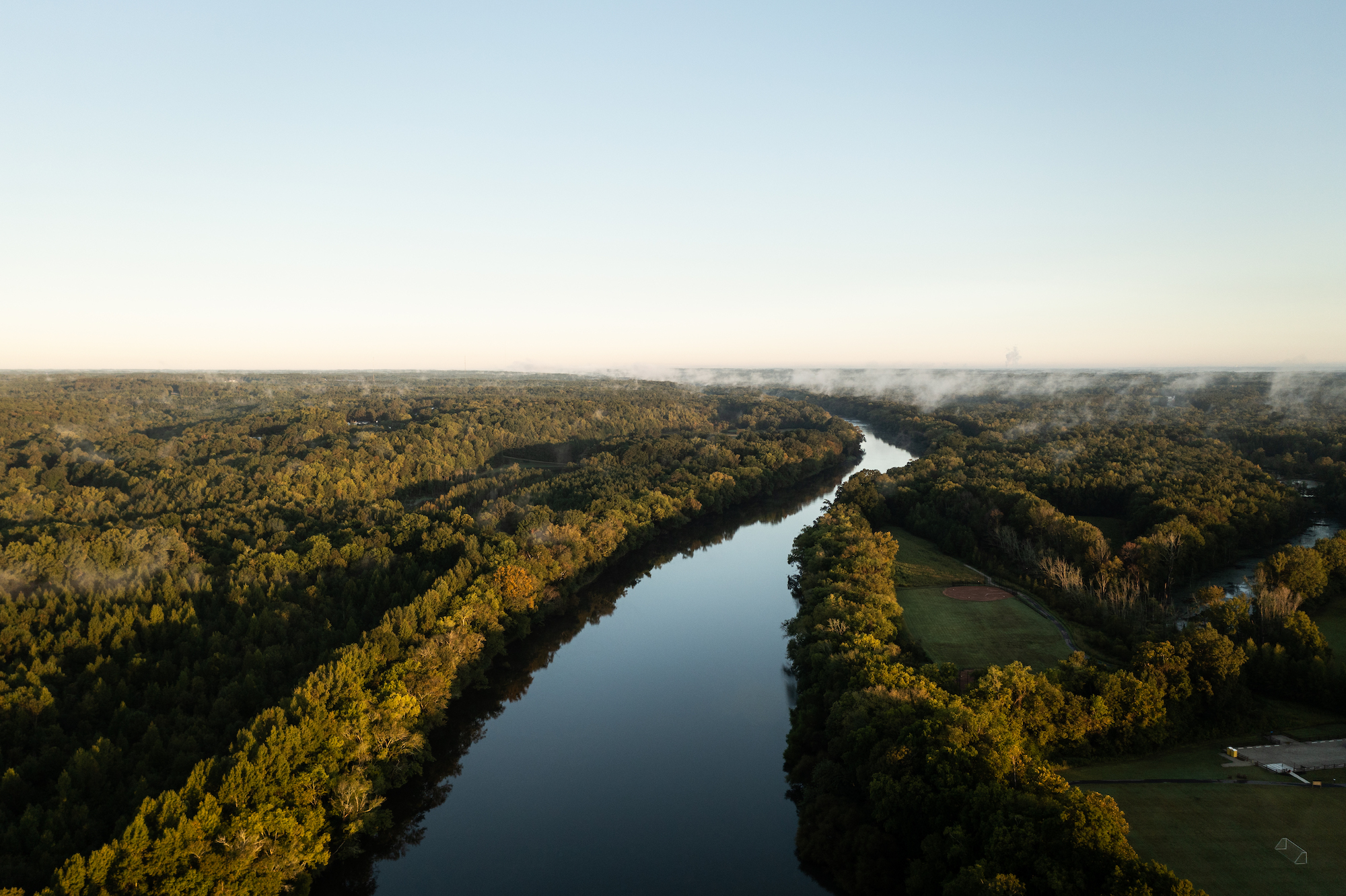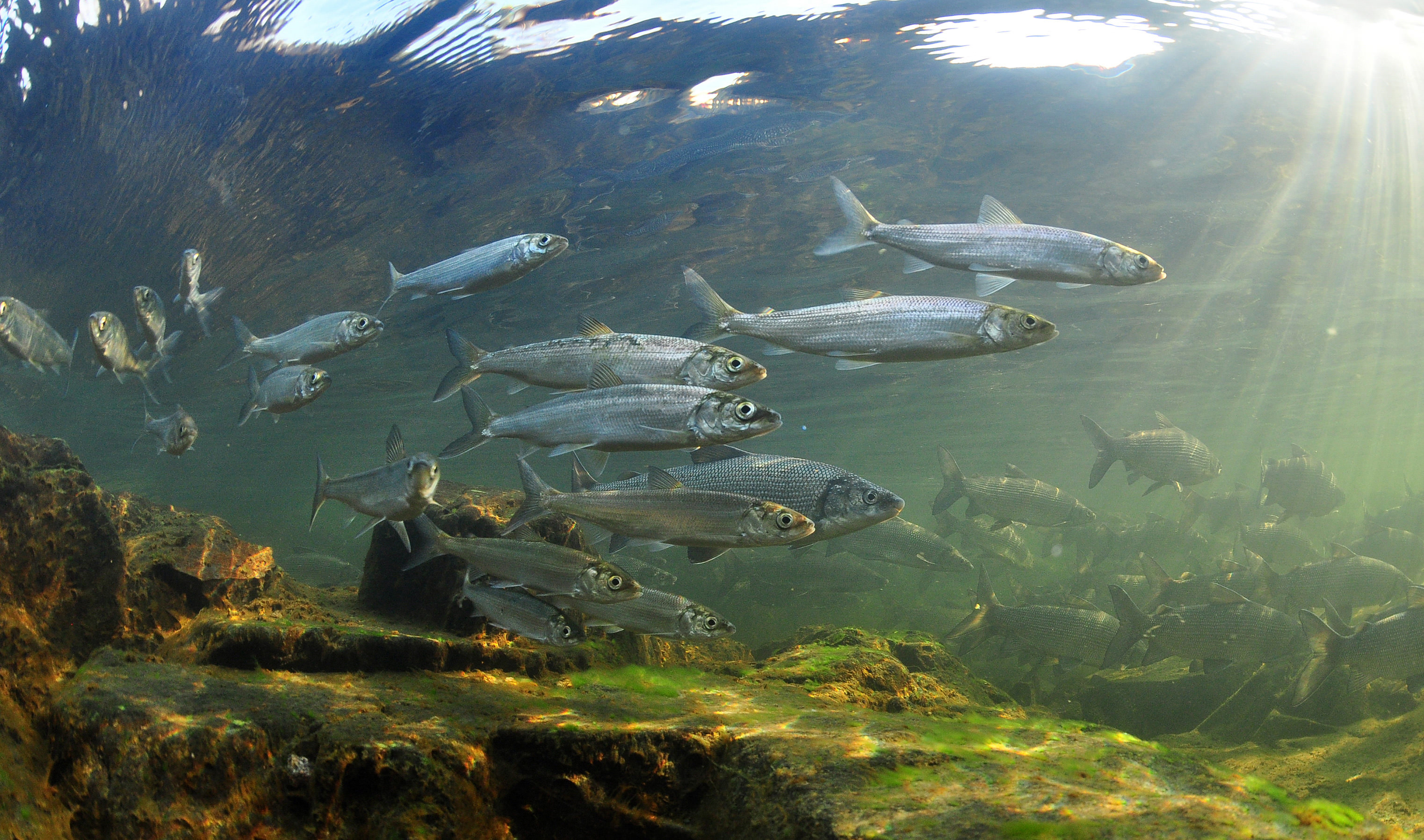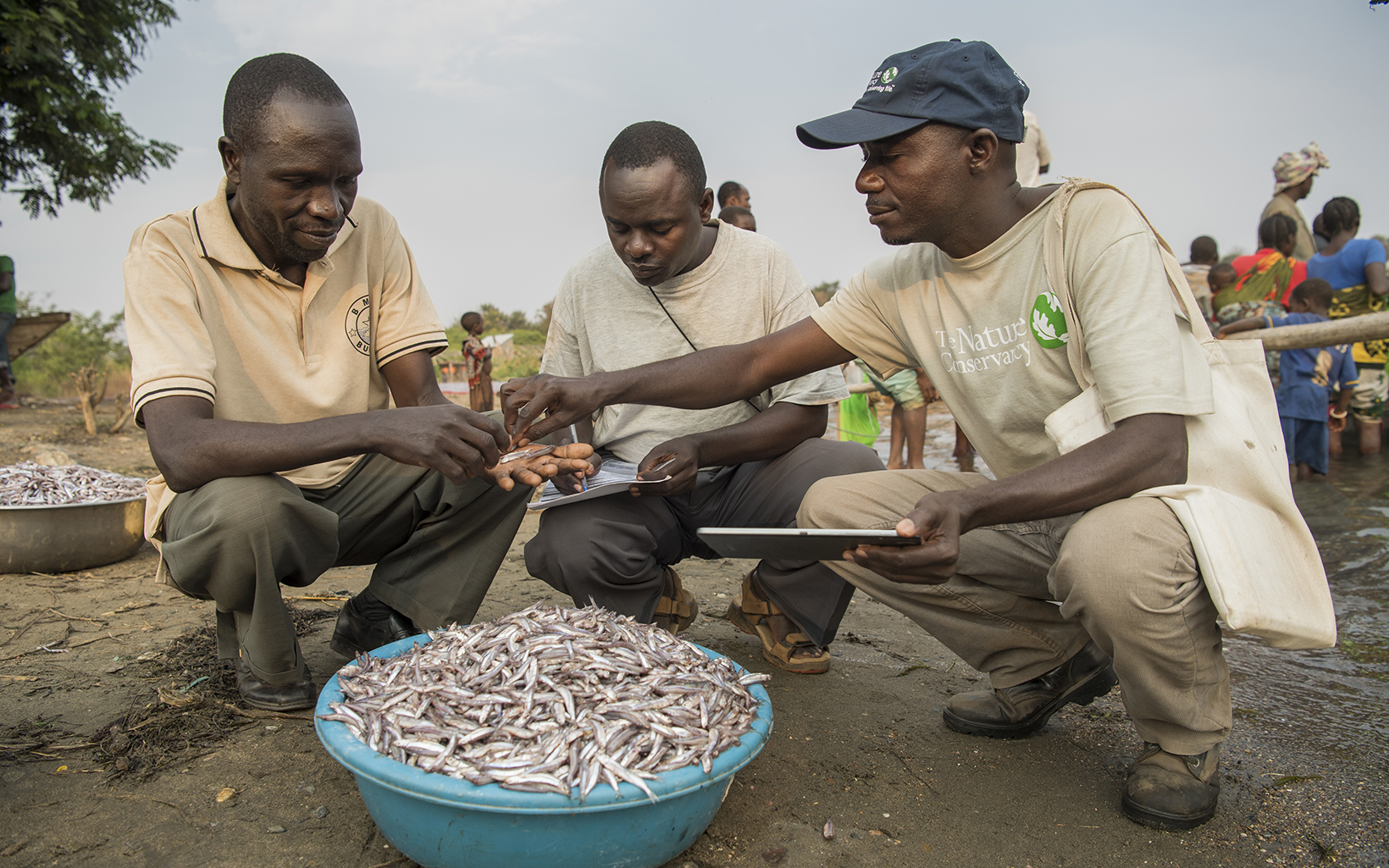Water connects us all.
If water is the lifeblood of the planet, rivers, lakes and wetlands are the hard-working systems that keep it pumping.
These systems—which also include springs, deltas and intricate underground networks—feed communities, shape cultures and sustain the diversity of life on Earth.
But for too long, we’ve undervalued our freshwater ecosystems. We’ve over-extracted, overfished and over-engineered them. Now, these ecosystems are in trouble.
We need fresh water, and fresh water needs us.
Threats to the world's freshwater systems are stacking up.
-
85%
Populations of monitored freshwater plants and animals have declined by 85% since 1970—far greater than any other biome.
-
1/3
Only 1/3 of the world’s longest rivers remain free-flowing.
-
3x
Wetlands are disappearing three times faster than tropical forests.
-
1/2
Half of all people on the planet now live in water-stressed areas.
Deforestation, fragmentation from dams, unsustainable farming and fishing, and unchecked pollution are only adding to the increasingly frequent and damaging impacts of climate change.
But there is hope. Freshwater systems that are degraded can recover—and they can recover quickly. Where freshwater ecosystems remain healthy and connected, we can protect them.
Let’s Talk About Water
How We Protect Fresh Water
Fresh water is connected to everything The Nature Conservancy does, and we’re determined to protect and restore freshwater ecosystems at unprecedented scales.
By leveraging our long history of innovation and collaboration, we know we can scale up breakthrough strategies for freshwater that are durable and long-lasting.
We’re already working on close to 400 projects in nearly 40 countries, but we must go further and faster to achieve our goals for 2030.
Freshwater Goals to Achieve by 2030
-
1 M
Safeguard or restore at least 1 million kilometers of rivers and streams.
-
30 M
Conserve 30 million hectares of lakes, wetlands, deltas and floodplains.
-
10 M
Ensure over 10 million people benefit directly from healthy freshwater ecosystems.
Take a 2-Minute Water Break
Our Freshwater Approaches
Click tiles for examples from around the world.
Freshwater Stories

Stay connected for the latest news from nature.
Get global conservation stories, news and local opportunities near you. Check out a sample Nature News email.













